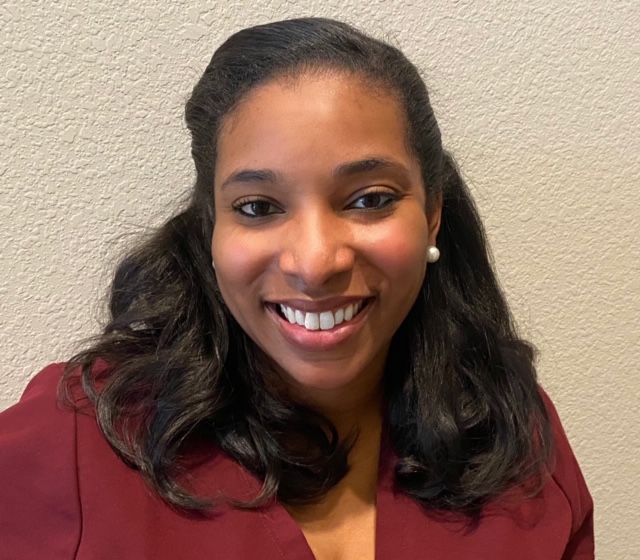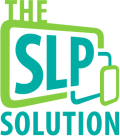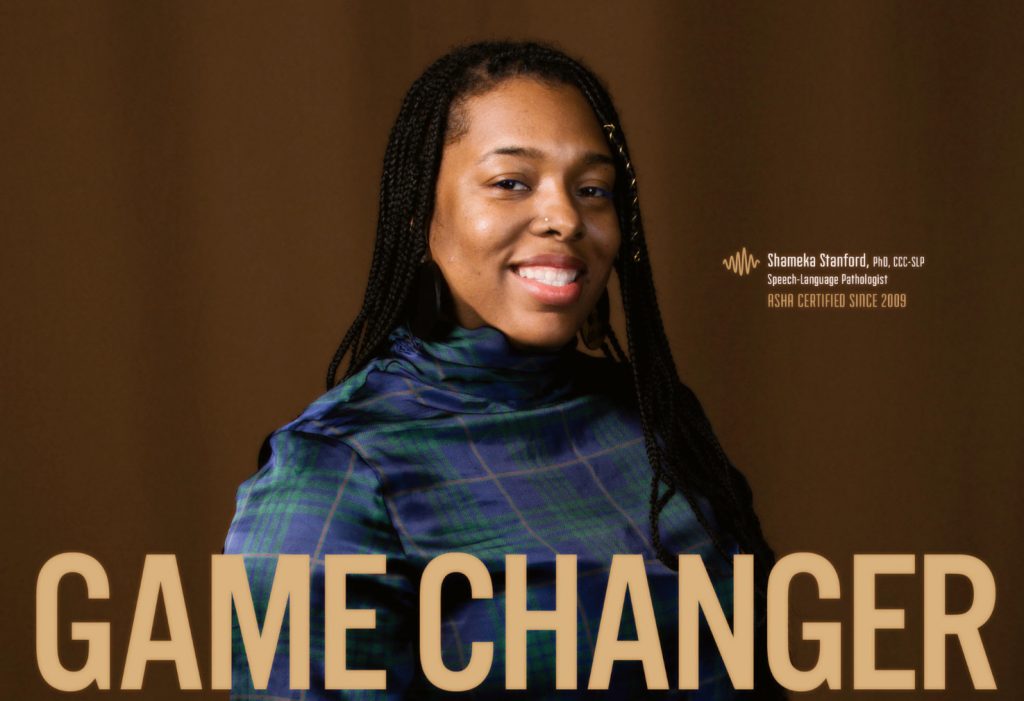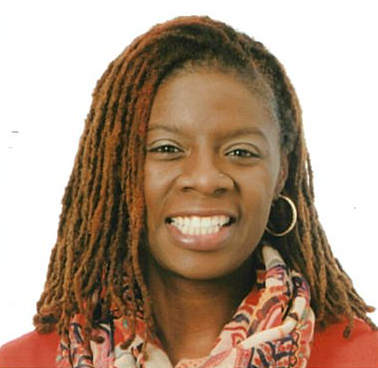Elevating Voices in Speech-Language Pathology
Here at The SLP Solution, we’re making a commitment to elevate Black voices in the speech and language community. As part of our mission to do that, we’re using our existing platform as an opportunity to hand over the mic and amplify the messages of our Black colleagues. In that spirit, we put this page together to feature just a few of the amazing Black SLPs we’ve had the privilege of learning from recently. If you’re unsure about how our industry is impacted by issues of racial inequality, we hope these messages provide a launching point for continued education and conversation on the subject of racism within the speech and language world.
We will be adding new featured SLPs every month and we hope to start by highlighting the Black SLP voices for now but we will be adding perspectives from other underrepresented populations soon after.
Our Featured SLPs:
Dr. Shameka Stanford is a Professor in the Communication Sciences and Disorders department at Howard University and the Juvenile Forensic Speech-Language Pathologist. Dr. Stanford is the first and only Juvenile Forensic SLP in the United States and she specializes in Juvenile Forensics, Law Enforcement Interaction with youth with CD, and child language disorders. Her research focuses on the Confluence and Impact of cognitive and communication disorders on the school-to-confinement pipeline, status offenses, involvement with the criminal justice system, law enforcement interaction, and criminal recidivism in youth placed at-risk for delinquency and crime (especially Black and Brown youth from under-resourced areas). Dr. Stanford is also a clinically certified and licensed speech-language pathologist and is licensed to practice in Maryland, Washington, D.C, and North Carolina. Through her work, Dr. Stanford has created cutting edge social justice and juvenile justice specialty courses for graduate CSD students, nationally known training programs for law enforcement and legal counsel, and national and international CE workshops and training for licensed SLP clinicians.
Quote: “Your greatest Juvenile Justice Experts are the Youth… Utilize and include them in the discussion, they are our best resources.” – S. Stanford
Natalie Wright Njotu is a Jamaican-born, New York-raised, American-school-based, speech-language pathologist (SLP) currently living and working in Japan, serving military-connected students. After seeing her own son’s reactions to Black main characters in books and educational materials, Natalie realized that it can be hard to find resources that show Black/African-American and Black/African children and characters. Natalie went on a mission to help her child and her students to consistently see themselves and their experiences reflected positively in printed texts and on screens. She wanted to give innovators, professionals, teacher-authors, and parents who are Black a chance to showcase their talent, expertise, and creativity. She wanted to help parents and colleagues quickly find specific resources and other materials without hours of futile searches. Lastly, she wanted to create a safe space for these conversations to be had and unique experiences celebrated alongside mainstream culture.
Black Educational Resources was her solution to this problem and the hub she created is now helping others diversify their learning materials to better meet the needs of their children and clients!
Quote: He clutched the book to his chest, hugged it tightly, and squealed “It’s me! It’s me!” When he finally let go, I noticed it was one of my go-to books, “I Like Myself” by Karen Beaumont. The Black main character has hair like his. “Yep,” I concluded, “I have some damage control to do here.”

Marilouise Elizabeth, M.S., CCC-SLP
Marilouise Elizabeth is the founder, writer, and creative mind behind www.metheSLP.com–a professional blog aimed to highlight, engage, and empower young SLPs of color in the medical setting. As a medical SLP in Houston, TX, Marilouise has focused her career in adult acute care and currently works in a long-term acute care hospital. An early career professional herself, Marilouise recognizes the clinical and interpersonal challenges that new and young clinicians of color often face; therefore, she is passionate about increasing the visibility and leadership of minority populations in the field of Speech-Language Pathology through mentorship. Marilouise Elizabeth was recently awarded ASHA’s Distinguished Early Career Professional Award, is an alumna of ASHA’s Minority Student Leadership Program (class of 2013), a member of ASHA’s Healthcare Leadership Development Program 2020 cohort, and an active member of the National Black Association of Speech Language and Hearing. Marilouise is boldly making her mark on the field of Speech-Language Pathology after practicing for just 5 short years—and trust me, she’s just getting started! Keep up with her by subscribing to her blog at www.MEtheSLP.com and by following her on instagram @M.E.theSLP.
Quote: “Eventually, everyone comes through hospital doors, yet our field is essentially comprised of a homogenous group of professionals charged with the responsibility of competently serving a diverse group of patients and families at their most vulnerable times. And we know that when diversity and cultural competence is lacking, clinical competence is inevitably lacking.”
We will be featuring more voices from our profession soon, please check back!



